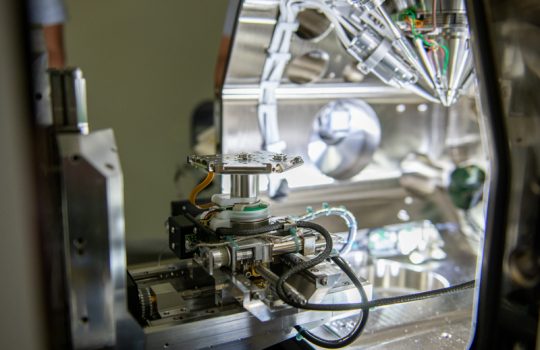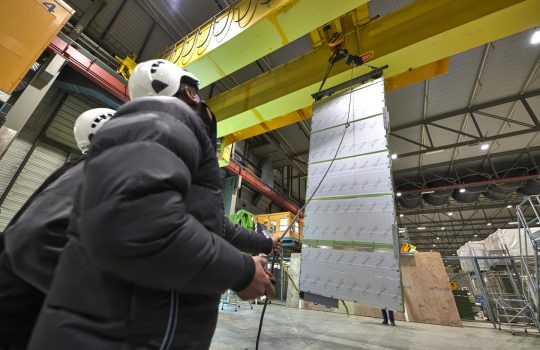2021: a year physicists asked, What lies beyond the Standard Model?
From The Conversation, December 21, 2021: Aaron McGowan, Principal Lecturer in Physics and Astronomy at the Rochester Institute of Technology explores research in 2021 in which physicists around the world ran a number of experiments that probed the Standard Model. From Higgs Boson, to Muon g-2 and the restart of the LHC at CERN, McGowan highlights some of the ways the Standard Model fails to explain every mystery of the universe.



